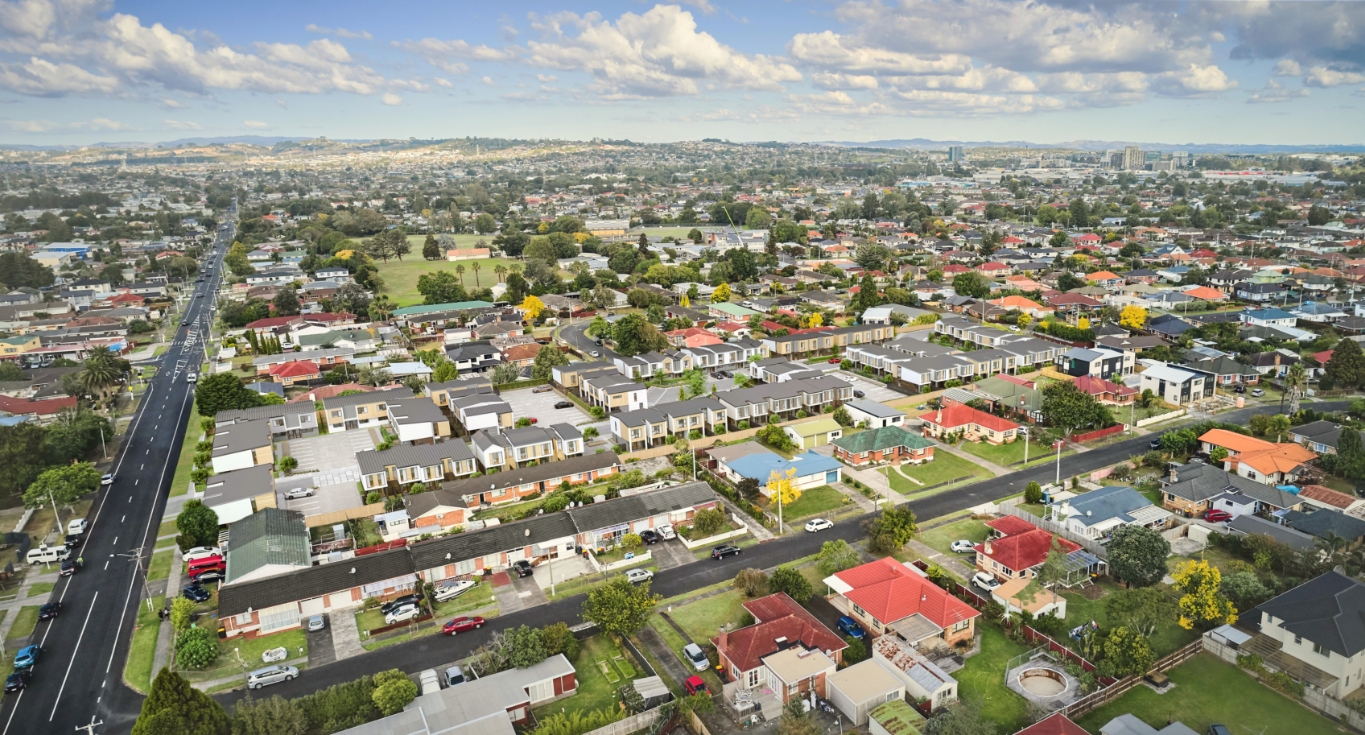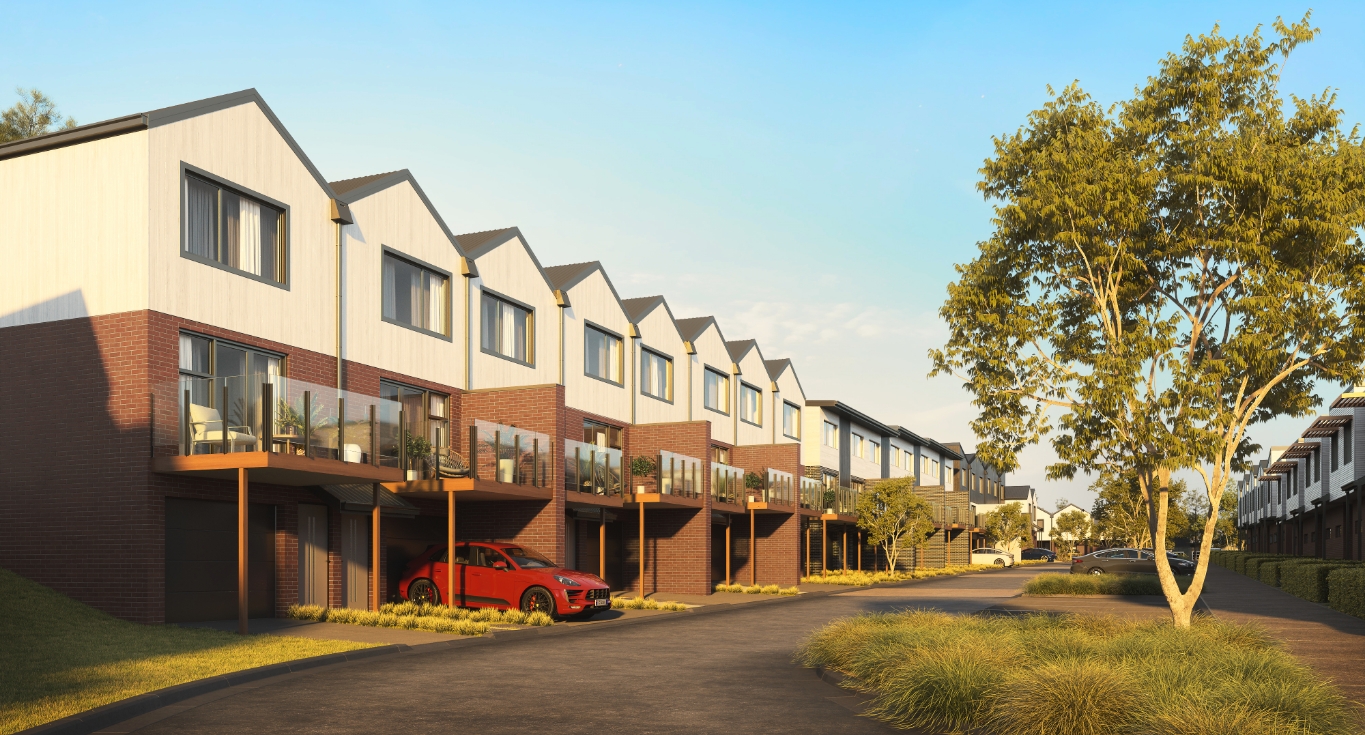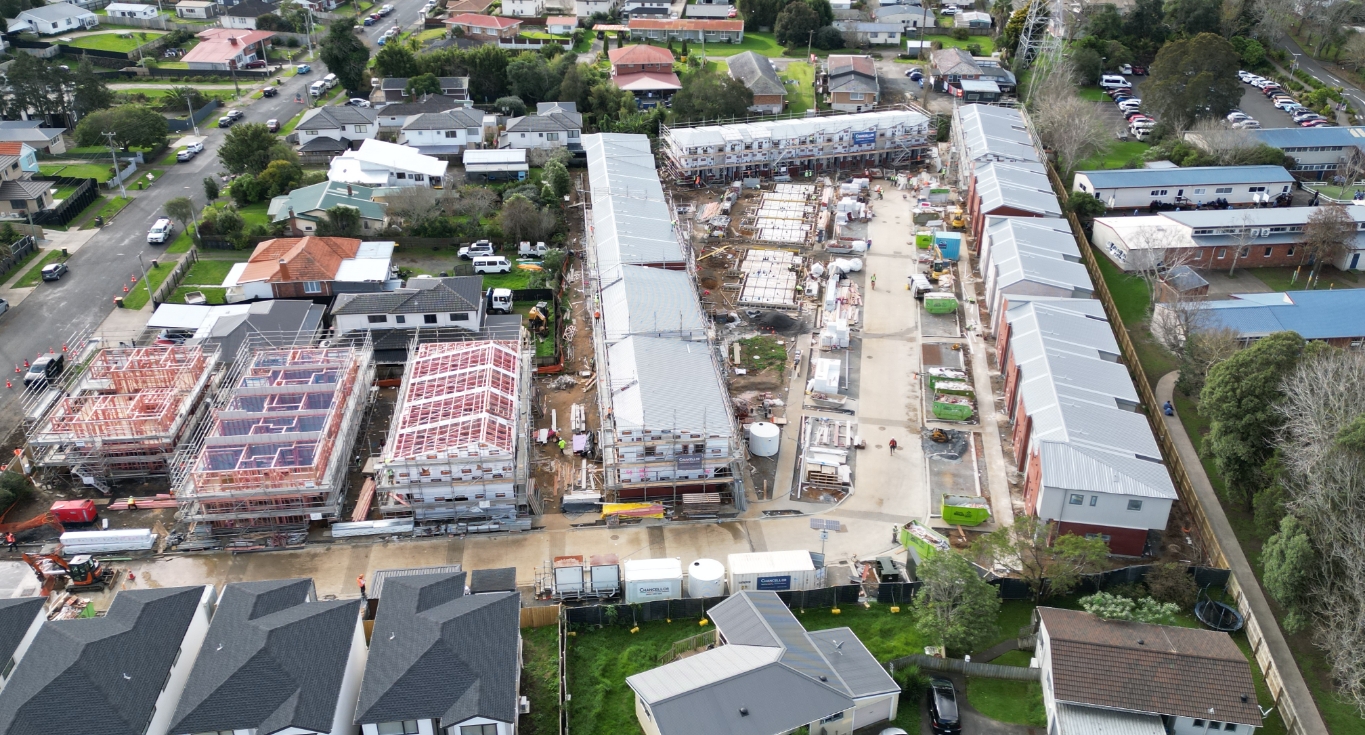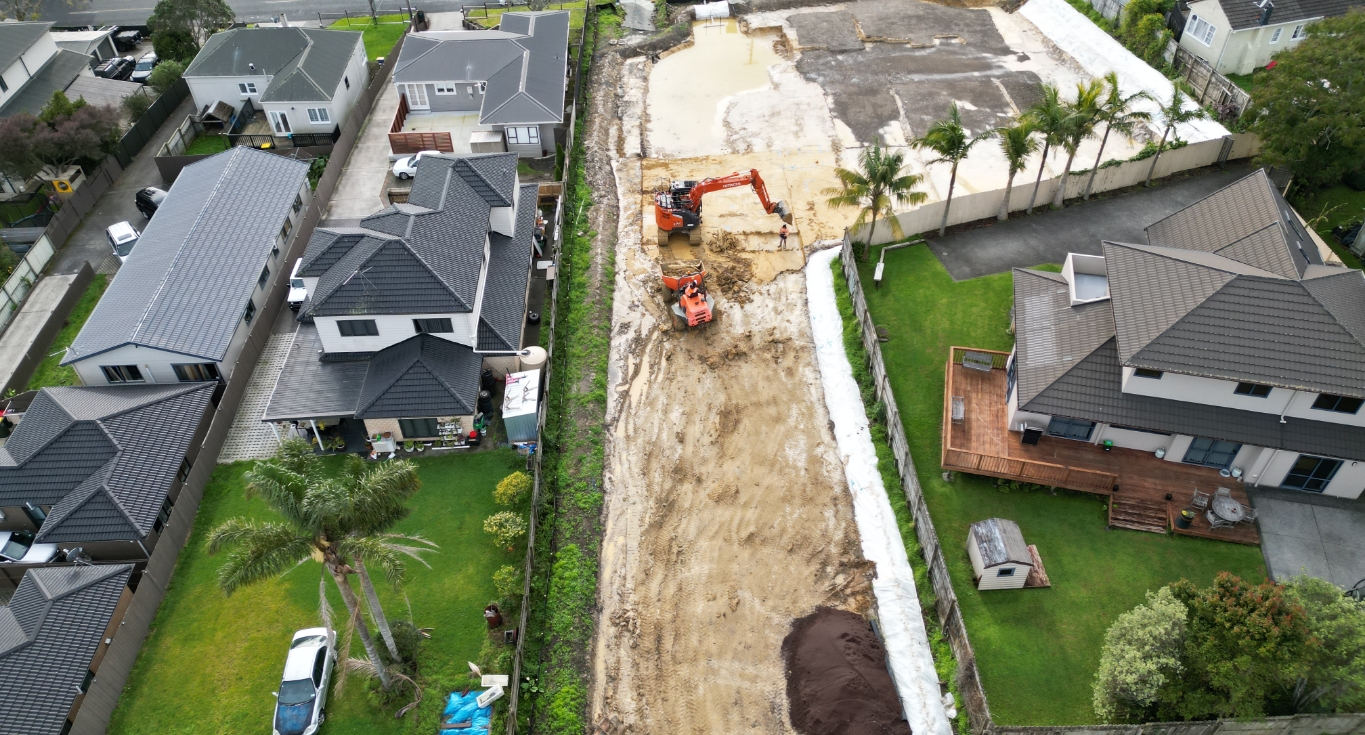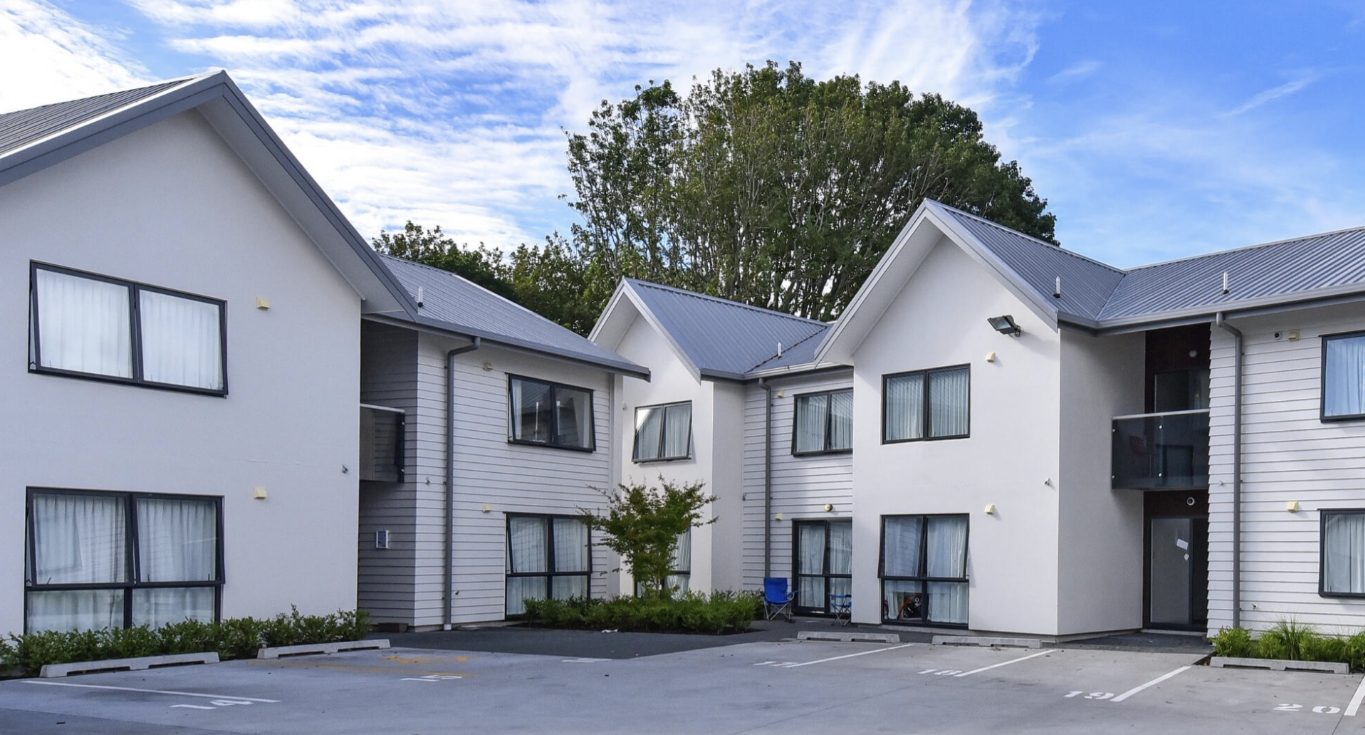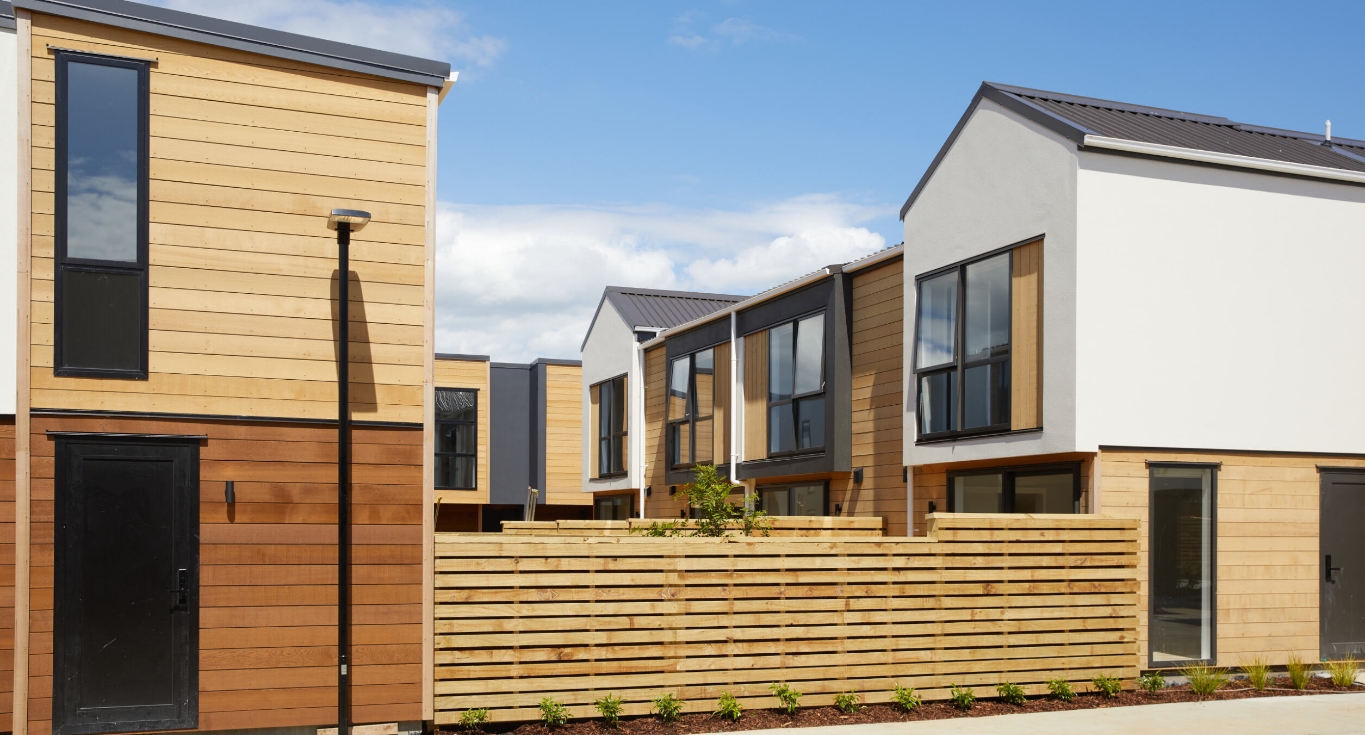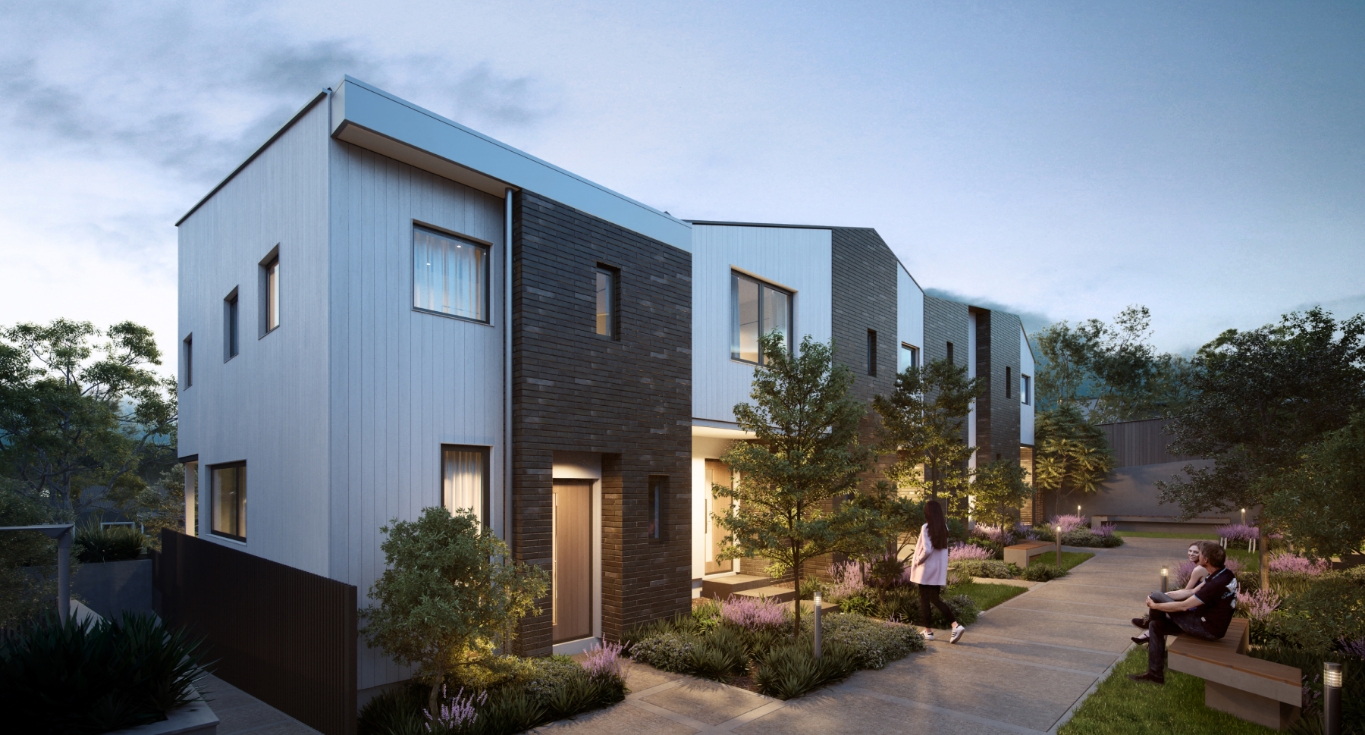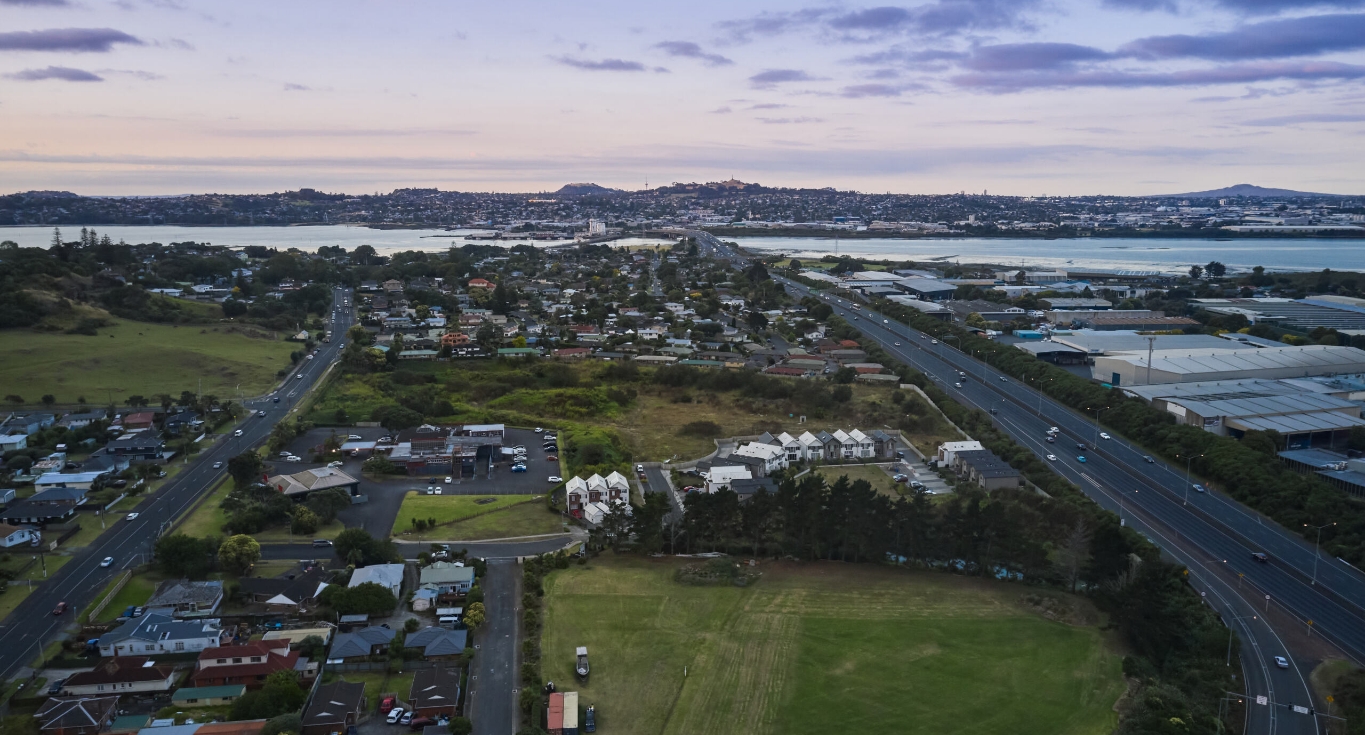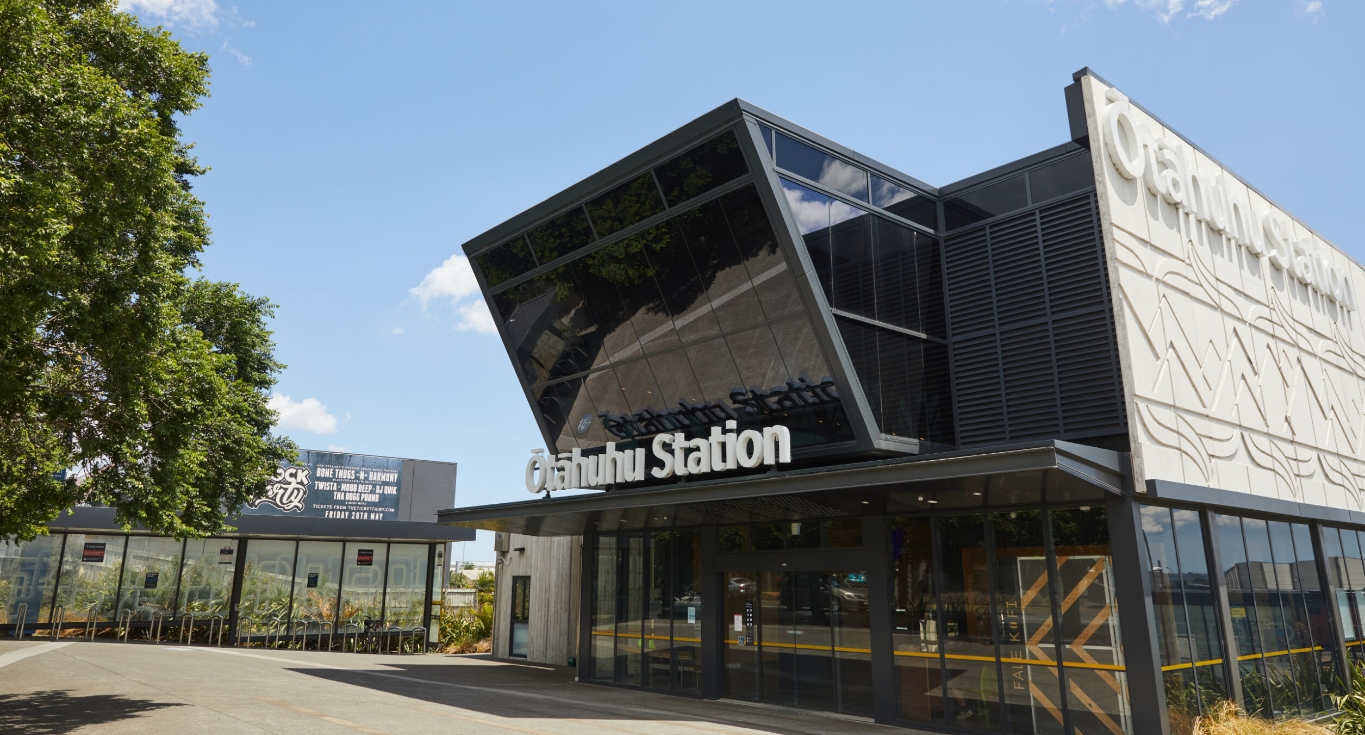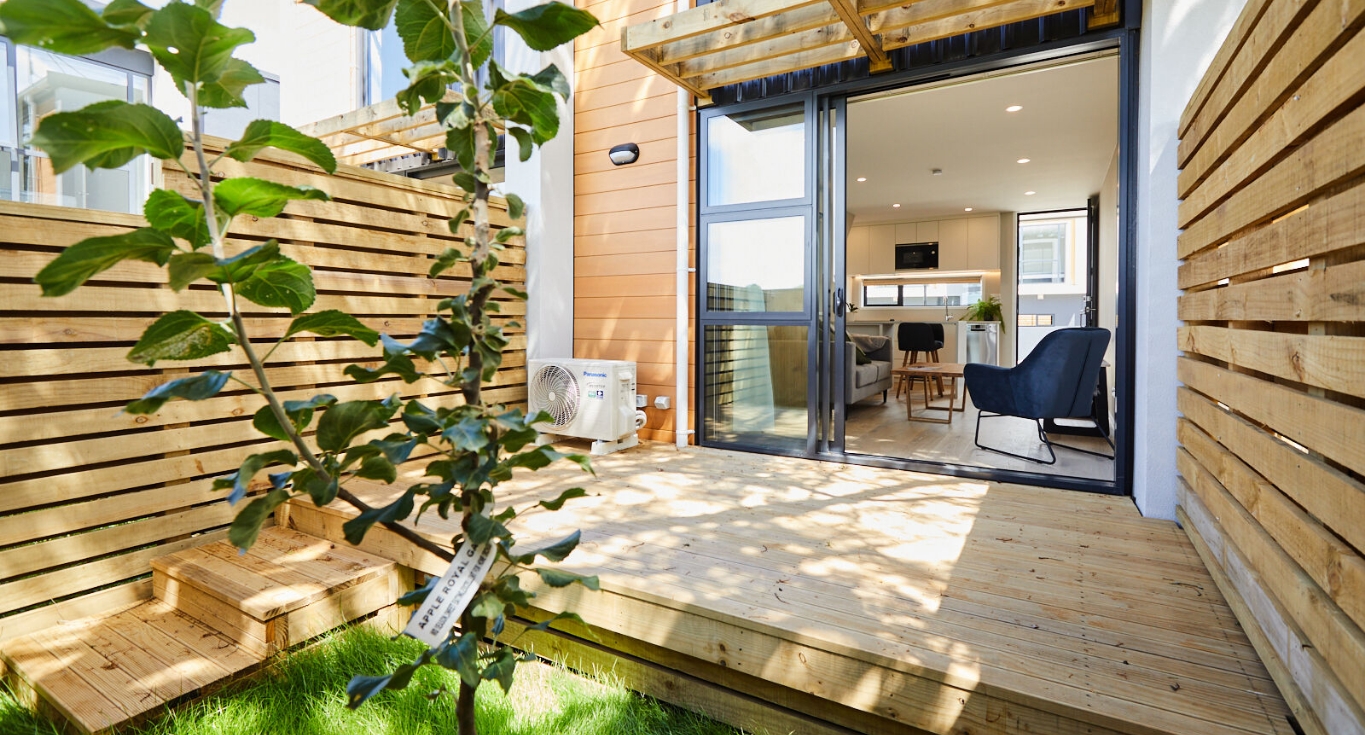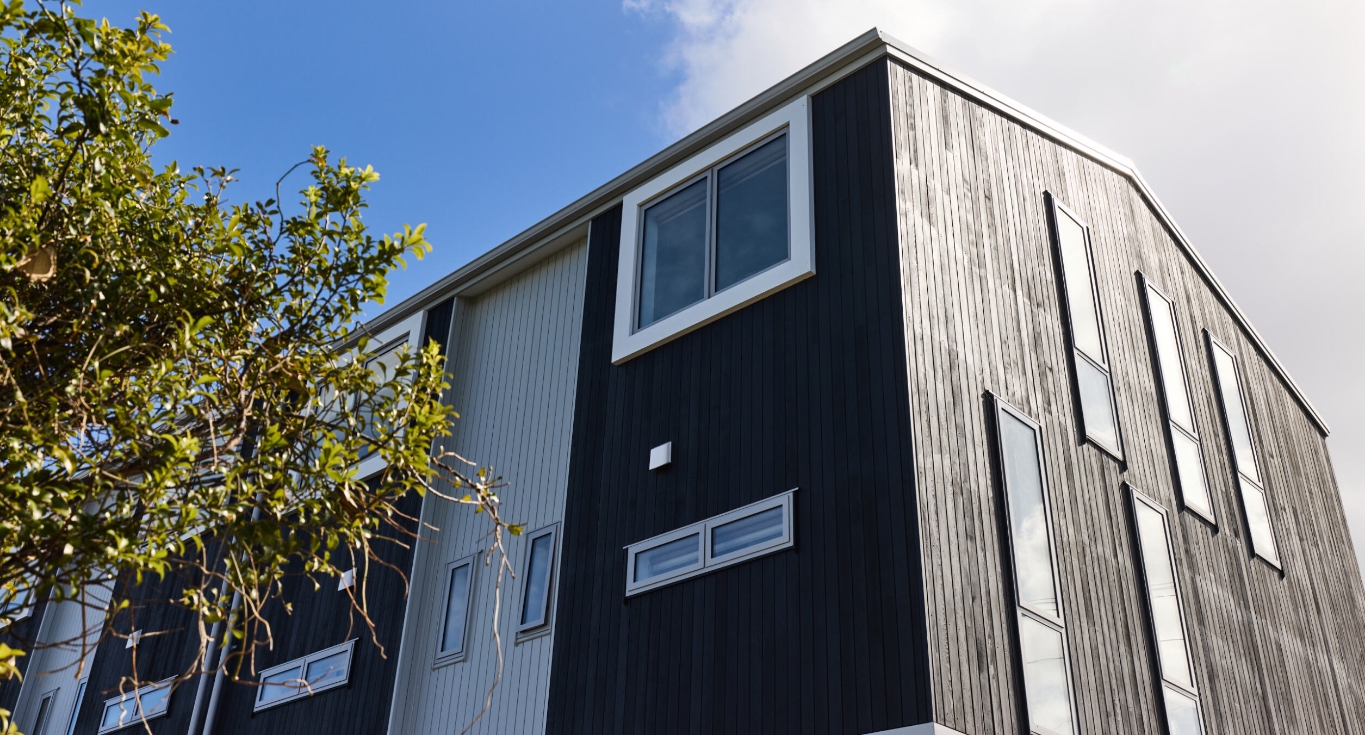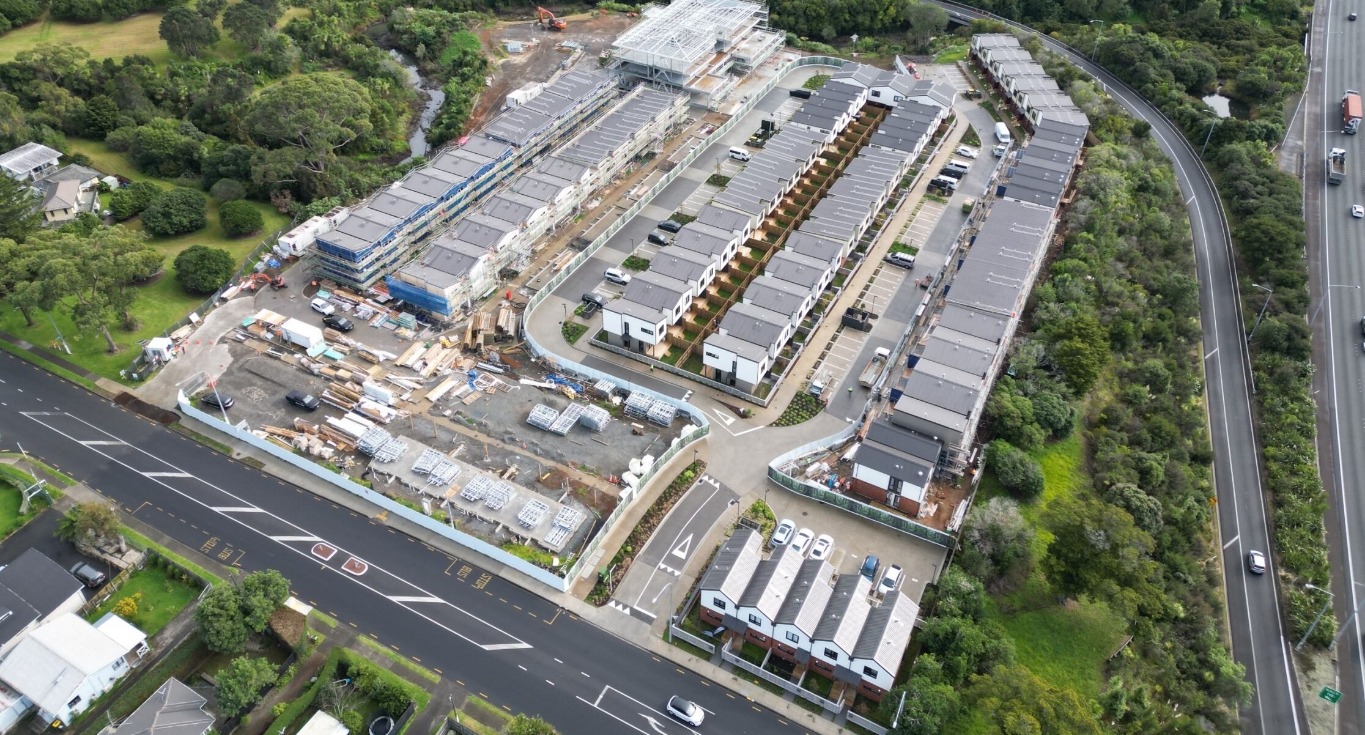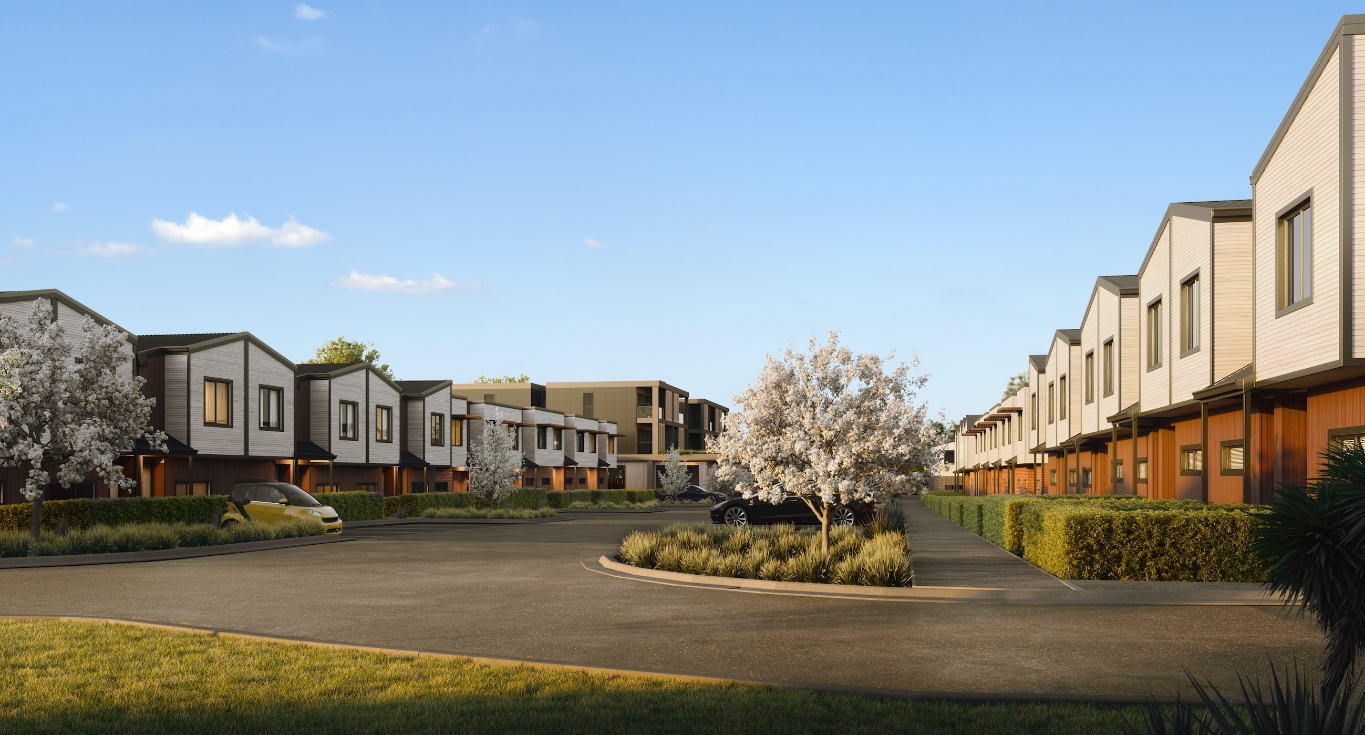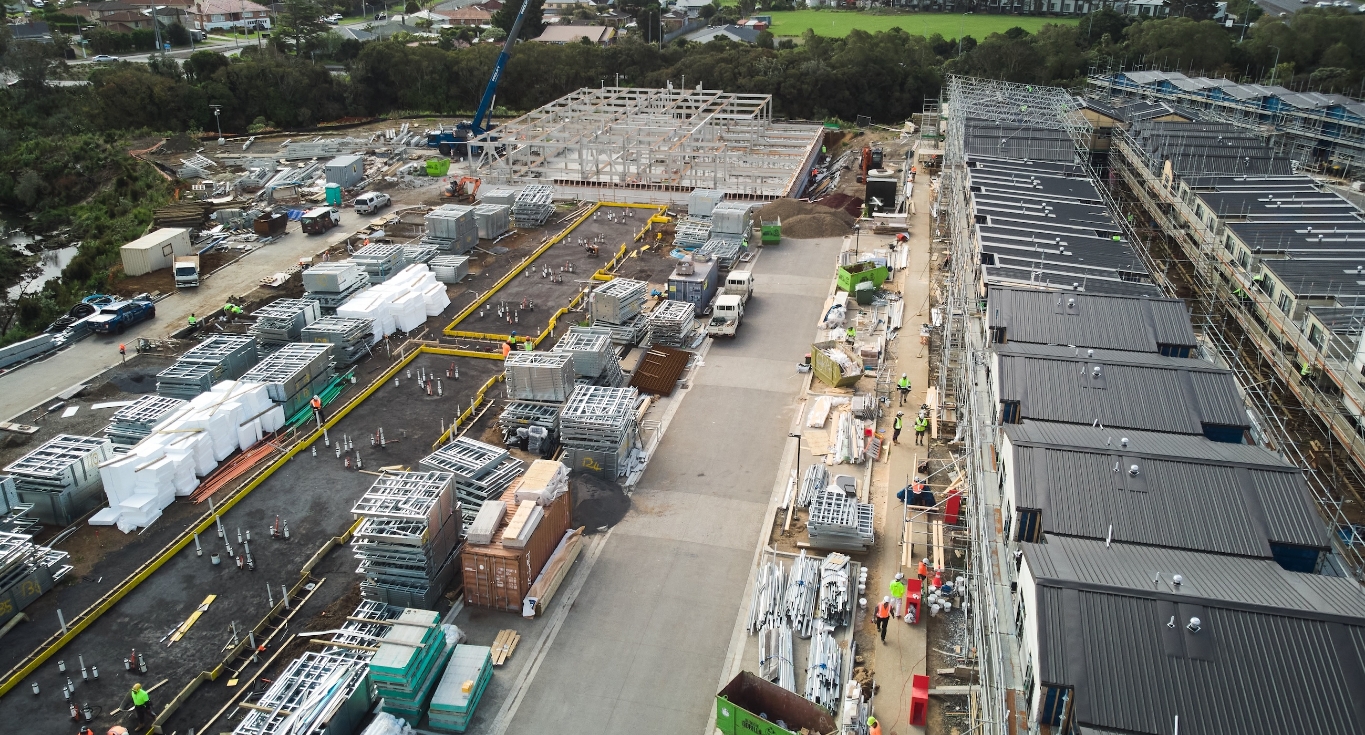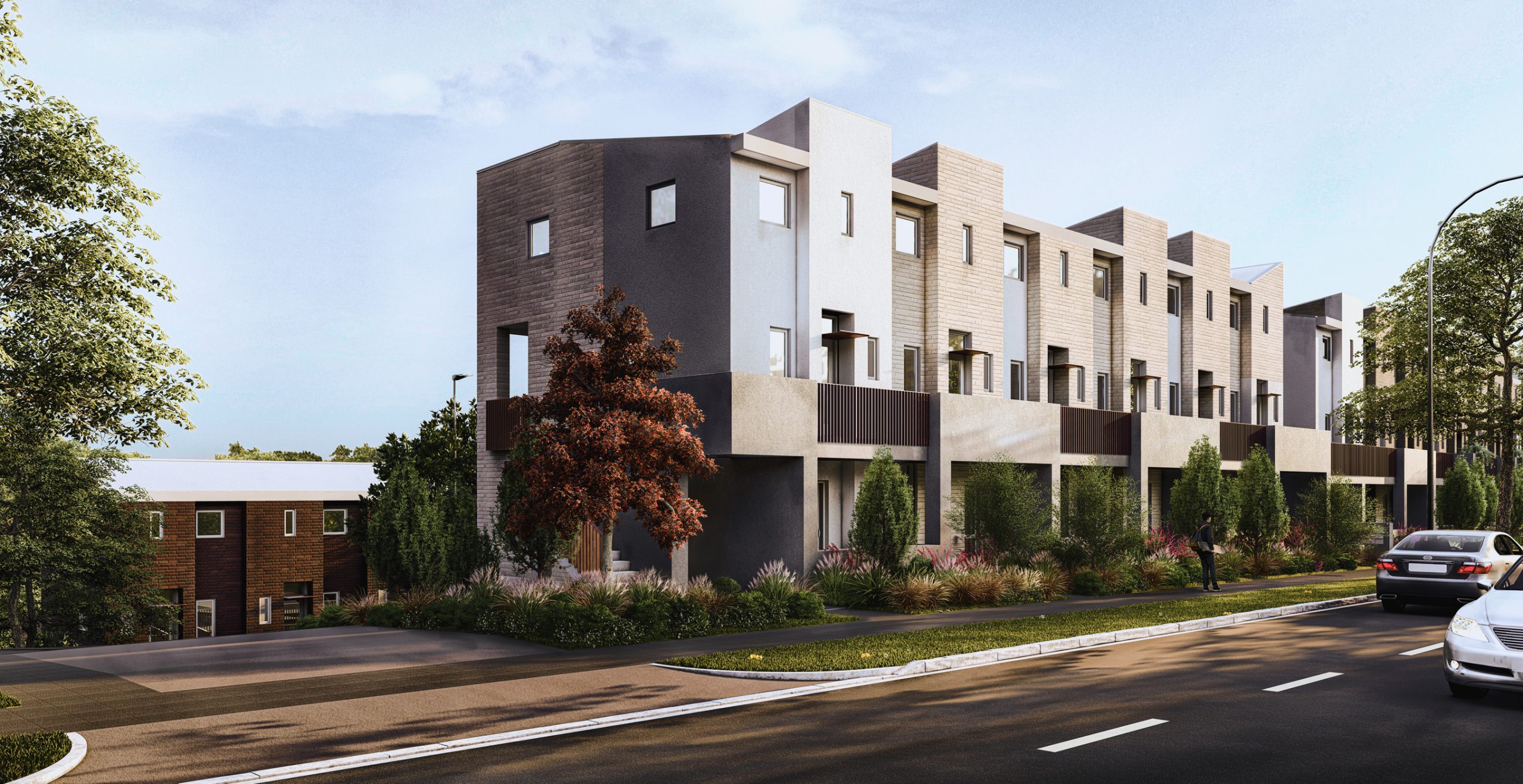Auckland's Golden Bricks - Owning a Piece of the Dream!
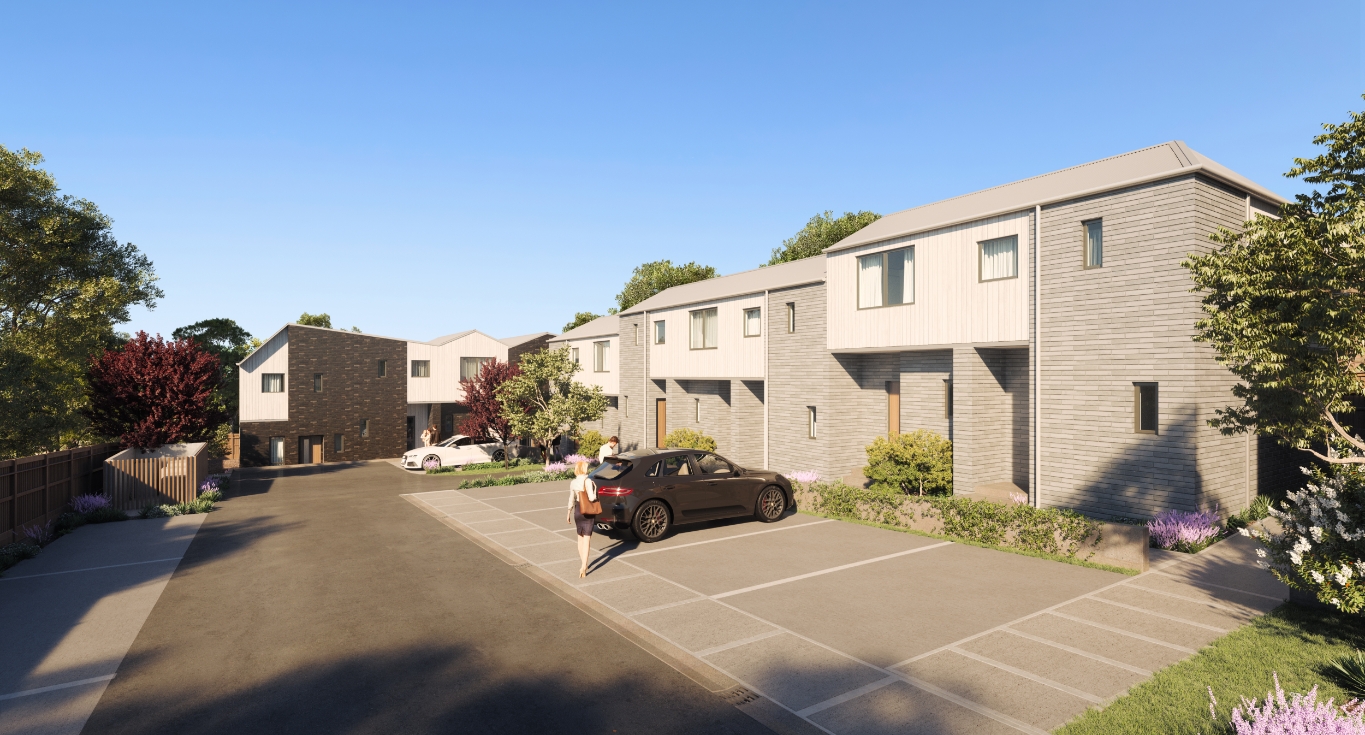
Auckland's property market is a shining beacon, a testament to the city's undeniable vibrancy and potential. Forget the naysayers – capital gains are acting like rocket fuel, propelling Auckland to even greater heights!
Over the past 20 years, Auckland property prices have experienced significant growth. From December 2003 to June 2023, the average property value in Auckland increased by approximately 287%, which translates to an average annual growth rate of about 7.5% per year (CoreLogic New Zealand) (Opes Partners).
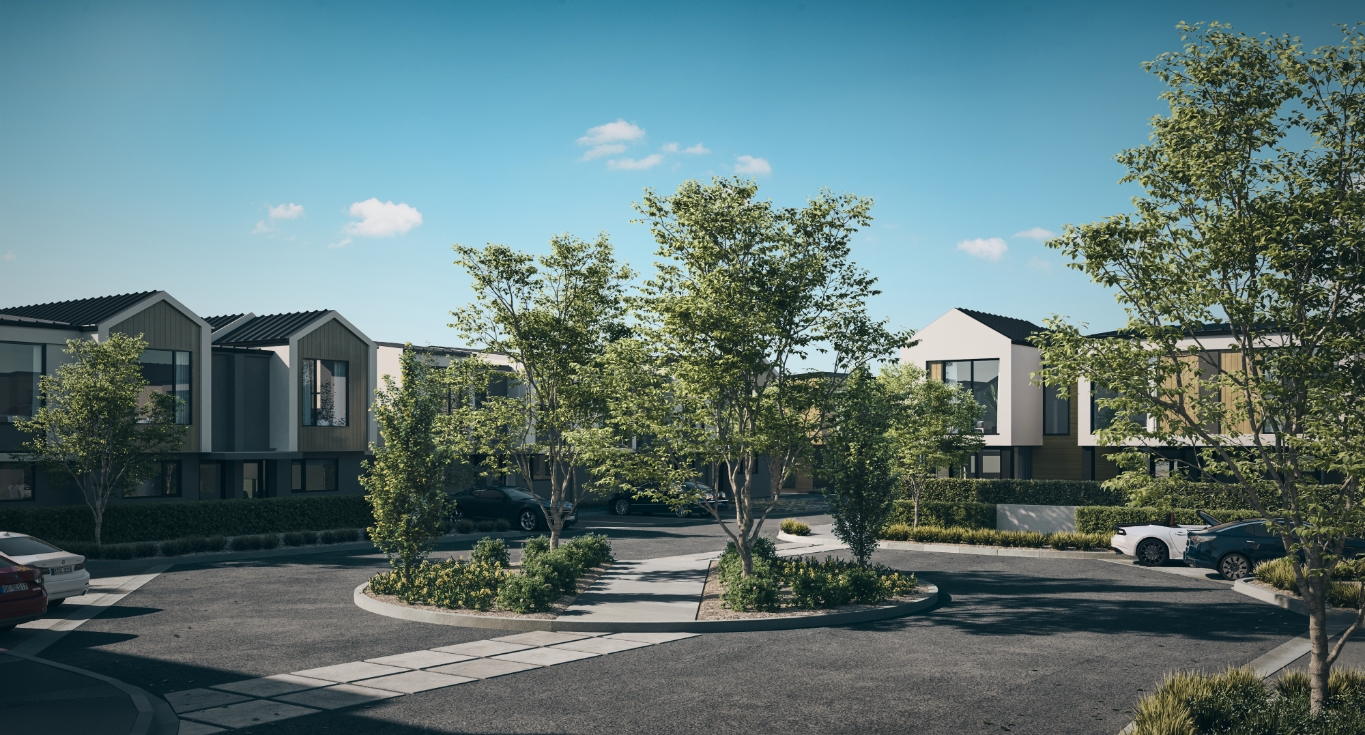
Imagine this: you snag a charming townhouse in a friendly neighbourhood. The latest REINZ data tells us Auckland's median sale price sits at a cool $1,048,000. Townhouses often fall below this median, offering a potential springboard to homeownership without breaking the bank! Now, picture this – a few years later, thanks to Auckland's historical trend (though past performance is not indicative of future results), your townhouse's value could soar! Suddenly, you're not just a homeowner, you're a savvy investor with a slice of Auckland's exciting property market.
For the people who love numbers, below is an example of what this could look like.
To estimate the future value of an Auckland townhouse bought now for say $719,000, using the past 20 years' growth rate of 7.5% per year, we can follow this formula:
Future Value=Present Value×(1+Growth Rate)Number of Years
Given:
- Present Value = $719,000
- Growth Rate = 7.5% or 0.075
- Number of Years = 20
First, calculate the growth factor:
(1+0.075)20 ≈ 4.27
Now, multiply the present value by this factor:
Future Value ≈ 719,000 × 4.27 ≈ 3,068,130
So, based on past performance, a townhouse bought for $719,000 could be worth about $3,068,130 in 20 years.

Capital gains are the magic ingredient that's attracting a wave of excited investors. But Auckland's magic extends beyond standalone houses! Townhouses offer a fantastic option – all the benefits of property ownership with a lower entry point.
And it's not just about you! As property values climb, so does Auckland's collective wealth. The local government gets a healthy boost from collecting rates, which is a significant source of revenue used to fund critical infrastructure projects and social programs. This translates into shiny new schools, world-class public transport, and vibrant community spaces – all thanks to the engine of capital gains!
Worried about affordability? Townhouses are here to help! This investment boom is leading to a beautiful explosion of new housing options, perfectly suited to young professionals and growing families. Townhouses offer the benefits of homeownership – your own space, often with a private courtyard – at a price point often more manageable than an existing traditional house.
Looking towards the future, Auckland's property market shimmers with golden possibilities. With strong economic foundations, a lifestyle that's the envy of the world, and limited land availability, the city is a magnet for investors. But remember, sustainability is key! As Auckland grows, a focus on eco-friendly practices and a steady stream of new housing options, including townhouses, will keep the market thriving for years to come.
The bottom line? Auckland's property market is a symphony of opportunity, fuelled by the power of capital gains. Townhouses offer a fantastic chance to join the party! With a little planning and the right guidance, you too can become part of this incredible story.
So, don't just dream of owning a piece of Auckland – make it a reality in a fantastic townhouse!


